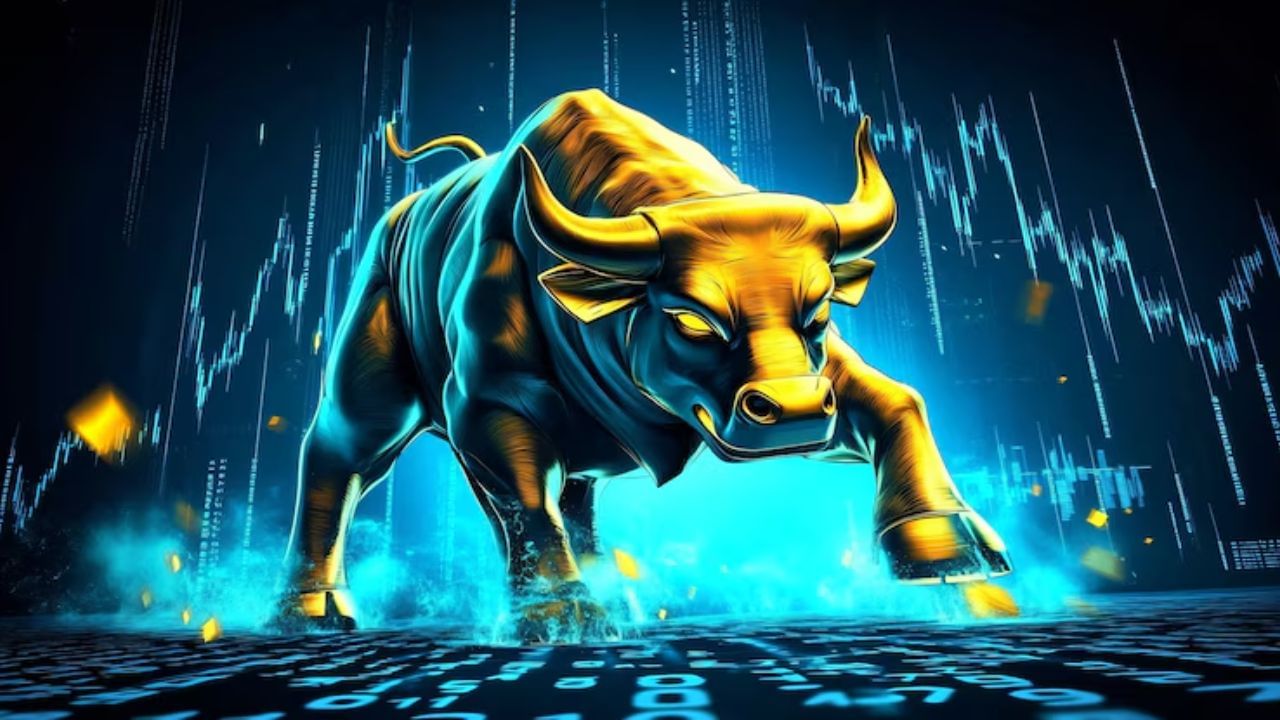In the last few months, veteran businessmen like Mukesh Ambani and Sunil Bharti Mittal have sold their stake. Due to which a lot of impact has also been seen in the stock market. Apart from this, there was also a huge change in the rating of the stock market. After which the level of such selling increased even more in May and June. Last month, the selling by Inspectors and promoters reached $ 11 billion, causing the total sales to $ 30 billion in the first half of the calendar year. Such stakes made by promoters usually consider sales as a danger bell, as it indicates the lack of the trust of those who have the best information about the future of the company.
The special thing is that during this time, $ 11 billion has been sold by foreign investors. Even after that, the Indian stock market has been positive this year. In the current year, the stock market has seen a rise of 7 percent. The main reason for this, retail investors have incorporated this selling as a sign of DII purchases of $ 41 billion, bypassing concerns such as geopolitical risks and global economic policies.
Kotak Institutional Equities said in a media report that domestic institutional investors (DII) have been continuously purchasing by retail investors in domestic equity mutual funds, while foreign portfolio investors (FPI) have been ‘negative’. Retail investment has recently improved, as (1) can be seen by the ‘Direct’ retail investors from becoming a pure buyer in June, who had been a seller till March-May 2025 and (2) can be seen from a possible growth in equity-oriented mutual funds in June after the recession in recent months.
Promoters and PE sold stake
In the last two months, a large number of withdrawals were observed in Bharti Airtel, Bajaj Finance, Hindustan Zinc, Indigo and V-Mart Retail. In addition, non-strategic investors such as internal investors such as BAT ($ 1.5 billion)) in ITC or Non-Stratic investors such as Reliance Industries ($ 1.1 billion) also sold their stake. KIE believes that internal investors and promoters may have many reasons for selling stake – business strategy, group and promoter loan. The IPO market of India is also showing a similar trend.
The value of new capital raised through IPO is much lower than the stake sold through OFS. According to KIE estimates, in the first half of 2025, the new capital raised by companies in the primary market was $ 2,191 million, while sales by promoters or investors through OFS were $ 3081 million.
Vikas Gupta, CEO and main investment strategist at Omanis Capital, in the media report said that several shares are sold at the end of IPO lock-in period. PE (Private Investment Investment) has a certain period of time. They raise funds and invest during the first 2-3 years of the fund of funds, then maintain investment for 3-5 years and then leave it in the last few years of the fund of the fund. They have to return the money to their LP (Limited Partners). This is the only reason that PE sells. Promoters usually sell when their stock overwalls.
Should retail investors worry?
Although such a large -scale withdrawal may increase anxiety among retail investors, according to experts, it is necessary to identify the reasons hidden behind this trend. He believes that the recent wave of selling of promoters should not be seen as a sign of crisis in the market. Vineet Bolinjkar, research head of Ventura, said in the media report that most of these are not signs of selling crisis, but are indicated to exit strategic lifestyle.
The PE firms are close to the end of their investment bicycle and are monitoring the positions taken 5-7 years ago. Promoters are also taking advantage of increased market evaluation to diversify private holdings, repay debt or fund new enterprises. In addition, there have been low-floats in many areas historically in India, and such weaknesses are helping to normalize float levels, which is improving liquidity and price discovery in the market.
He further said that domestic institutional investors, especially mutual funds (MF) have invested aggressively. Bolzinker said that in June 2025, mutual funds invested around Rs 28,000 crore, which could balance the supply from the exit of the promoters. In the last quarter, the purchase of mutual funds through the block deal has been about $ 4 billion $ 4 billion from promoters, which reflects institutional belief in Indian equity. According to experts, 30-40 percent of the capital raised by the promoters is being renovated in the market, causing a healthy bicycle of capital recycles.
Mehta Equality Senior Vice President-Rest-Rest, Prashant Taase said in the media report that we believe it is not a sign of any weakness in the Indian stock market; Rather it reflects a mature market structure, where large investors are rebelling their positions based on valuation dynamics, while they still believe in India’s macro and corporate fundamentals. Bolzinker advised retail investors to continue their SIPs, focus on the longitarm targets and avoid giving a sentiment reaction on the headlines that do not reflect fundamental things.
